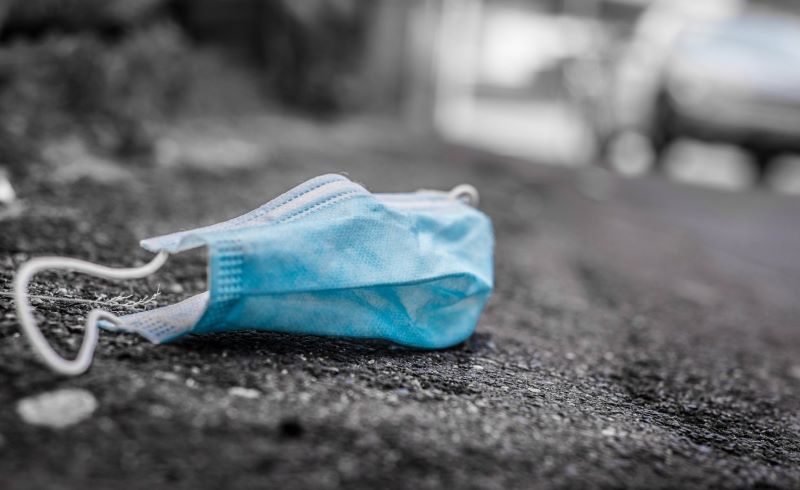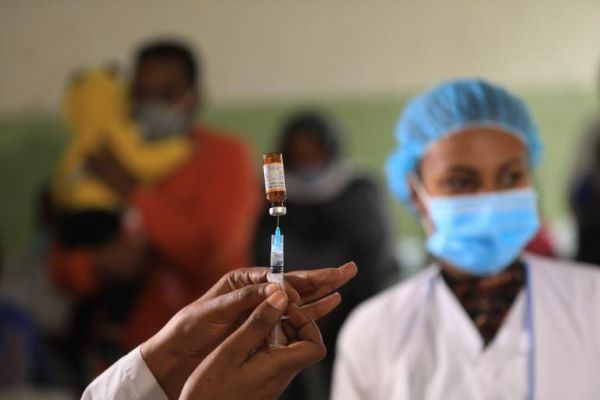Rwandan health authorities have sounded the alarm over a fresh wave of seasonal illnesses, including a re-emergence of COVID-19 infections, as the country enters the dry season.
The alert follows similar trends observed globally, with the World Health Organization (WHO) confirming a renewed surge in cases driven by a fast-spreading variant known as NB.1.8.1.
The Rwanda Biomedical Centre (RBC) confirmed the reappearance of COVID-19 in the country after conducting targeted testing in response to rising international cases.
RBC Director General, Prof. Claude Mambo Muvunyi, explained that of roughly 16,000 people tested, 0.7% were found positive, with the majority of cases linked to international travel.
“After seeing an increase in infections in places like the United States, we carried out an evaluation and found that new cases had also emerged here,” he said.
Prof. Muvunyi reassured the public that the situation remains manageable. “There’s nothing alarming. The confirmed cases are experiencing mild symptoms, and the overall infection rate is still below 1%,” he stated.
He added that the current cases are being managed using standard treatment protocols, and those infected are being monitored to prevent further spread.
The recent increase in cases is linked to the new NB.1.8.1 variant, now responsible for around 10% of global infections. While this variant does not appear more dangerous in terms of severity, experts caution that it may be more efficient at infecting human cells.
The WHO maintains that, although this spike in infections is notable, it is in line with seasonal patterns observed in previous years.
“These increases remain consistent with the levels observed during the same time last year, indicating no sudden, abnormal, or unexpected virus activity,” the WHO noted.
In light of the developments, Rwanda’s Minister of Health, Dr. Sabin Nsanzimana, issued a public message on June 9 urging citizens to stay alert.
“As we transition from the rainy to dry period, seasonal illnesses tend to increase: Flu and Covid-19. Maintain good hygiene and protect others if you have symptoms,” he wrote on X.
Nsanzimana also flagged the likelihood of a rise in malaria cases, urging people to eliminate mosquito breeding grounds, ensure water is not left stagnant, and to get tested promptly if symptoms appear.
For now, the RBC assures that active surveillance and response measures remain in place. Citizens are advised to seek medical care if they develop flu-like symptoms, maintain personal hygiene, and wear masks if feeling unwell.
The government’s response reflects a cautious but proactive approach as it balances pandemic fatigue with the responsibility of protecting public health.

